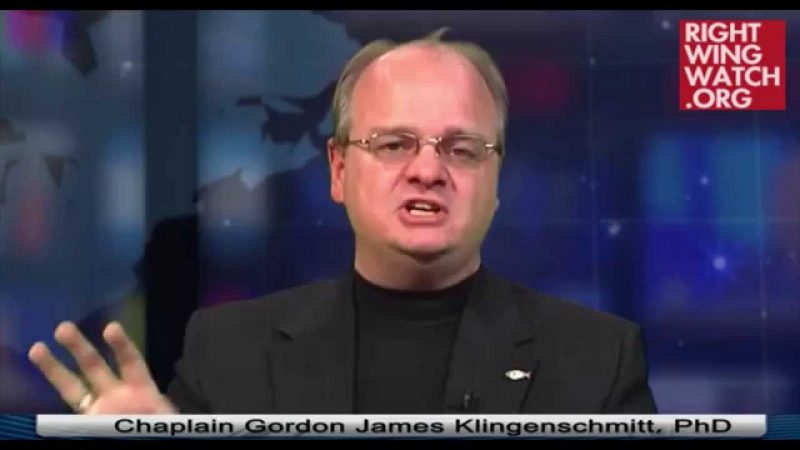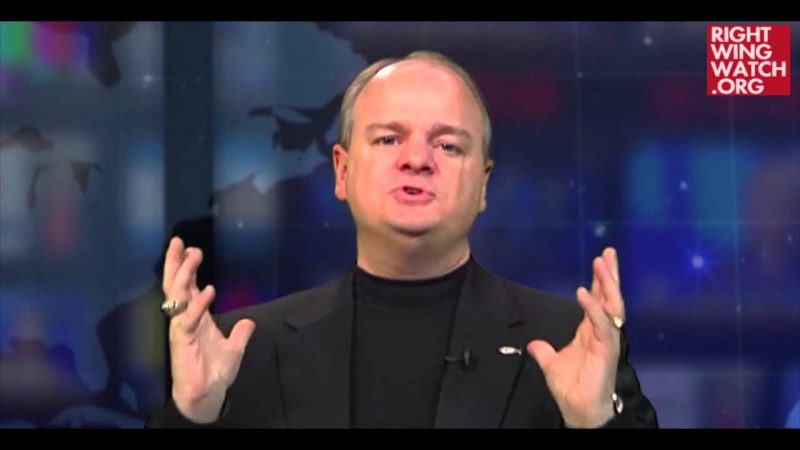It was only last year that People For the American Way Foundation helped represent parents in Odessa, Texas against a school board determined to use public schools to promote a particular religious doctrine. “HA! Take that you dang heathens!” the school district’s curriculum director wrote triumphantly after the board voted to use the Religious Right-backed National Council on Bible Curriculum in Public Schools program. The board settled the lawsuit by dropping NCBCPS.
So it’s natural that advocates of church-state separation would be skeptical of the Texas State Board of Education’s decision last week to approve Bible courses statewide, without providing specific educational or constitutional guidelines.
Mark Chancey, associate professor in religious studies at Southern Methodist University, has studied Bible classes already offered in about 25 districts for the Texas Freedom Network.
The study found most of the courses were explicitly devotional with almost exclusively Christian, usually Protestant, perspectives.
It also found that most were taught by teachers with no academic training in biblical, religious or theological studies and who were not familiar with the issues of separation of church and state.
“Some classes promote creation science. Some classes denigrate Judaism. Some classes explicitly encourage students to convert to Christianity or to adopt Christian devotional practices,” Chancey said. “This is all well documented, and the board knows it.”
On the other hand, the Religious Right is gung-ho about the move. Decrying “[e]nemies of the First Amendment,” Rod Parsley’s Center for Moral Clarity (a supporter of the unconstitutional NCBCPS curriculum) wrote, “We’re glad legislative and educational leaders in Texas have ignored the shrill arguments of the anti-faith fringe, and we hope other states follow suit.”
Jonathan Saenz of the Liberty Legal Institute and the Free Market Foundation similar predicted that “Texas is going to be seen as a leader on this issue,” and also characterized skeptics as fanatical opponents of religious freedom:
“There are enemies of religious freedom all across our state of Texas and across the country, and they’ll do anything and stop at nothing to restrict academic freedom and restrict the religious rights of students,” Saenz contends. “They simply do not want kids, even on their own choice, to be able to look at the Bible.” The State Board of Education is discussing this week how to develop the proposed new courses.
And Gordon Robertson, Pat Robertson’s normally soft-spoken son, compared efforts to prevent the government from proselytizing in the classroom to outlawing Christmas and Thanksgiving:
Given the Religious Right’s steady efforts over the years to push campaigns like NCBCPS, Robertson shouldn’t be surprised that advocates of church-state separation insist on a distinction between teaching about the Bible objectively and promoting a particular brand of faith.





.jpg)

